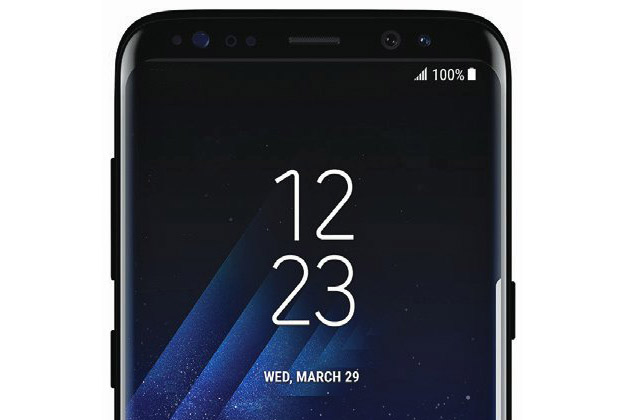Samsung Announces Bixby AI Virtual Assistant For Galaxy S8

Instead of being a copycat of virtual assistants that have come before it, Bixby instead tries to chart its own course. “Instead of humans learning how the machine interacts with the world (a reflection of the abilities of designers), it is the machine that needs to learn and adapt to us,” says InJong Rhee, Samsung Executive Vice President and Head of R&D for Software and Services. “The interface must be natural and intuitive enough to flatten the learning curve regardless of the number of functions being added. With this new approach, Samsung has employed artificial intelligence, reinforcing deep learning concepts to the core of our user interface designs.”
While virtual assistants like Cortana and Siri can give users somewhat limited access to first- and third-party apps, Bixby has the potential to provide users with complete voice control over almost any feature within a given app. Instead of interacting with an app UI by touch, you would instead be able to navigate freely and thoroughly through an app all while giving and receiving voice feedback.

Samsung's InJong Rhee
“Most existing agents currently support only a few selected tasks for an application and therefore confuse users about what works or what doesn’t work by voice command,” adds Rhee. “The completeness property of Bixby will simplify user education on the capability of the agent, making the behaviors of the agent much more predictable.”
Rhee goes on to add that Bixby will be fully contextually aware of what’s going on within an app at any given time. That means no matter when you call upon it while using an app, it will be able to pick up and take over commands by voice. This will allow the users to select “whichever [input method] they feel is most comfortable and intuitive.”
Bixby also won’t be relegated to adhering to stringent voice command structures, and will be able to interpret voice commands based on incomplete information. If more information is required to complete a task that, it will provide feedback to ask the user to clarify. In the end, the main goal of Bixby is to reduce friction between the virtual assistant and the user. If users are less frustrated by the performance of Bixby compared to other competing “agents” like Google Assistant or Alexa, they will be more compelled to use it. And Samsung reckons that as more people interface with Bixby, they will come to appreciate it as it helps them become more productive.
To that end, Samsung has created a dedicated hardware button on the Galaxy S8 and Galaxy S8+ that gives users direct access to Bixby. While the new Galaxy flagships will be the first devices to support Bixby, Samsung says that it will eventually incorporate the virtual assistant gradually into to appliances and Smart TVs.
Of course, the idea of Bixby sounds great in concept, but we will definitely want to try it out for ourselves to see how it compares to the existing crop of virtual assistants on the market. Luckily, we don’t have much longer to get our chance to try it out, as March 29th is just around the corner.

